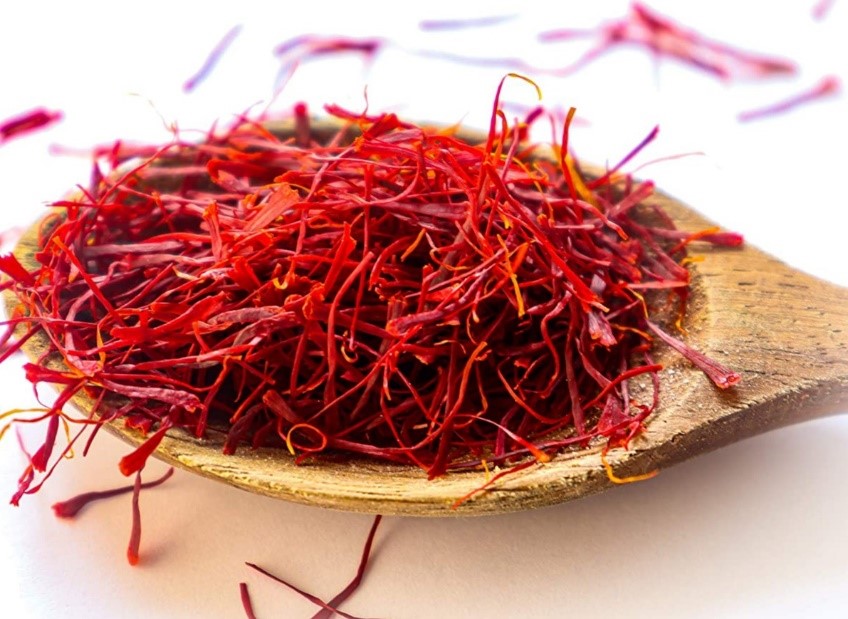What You Need to Know Before Using This Spice
Saffron is a popular spice known for its rich flavor and many health benefits. People use it in cooking, as a supplement, and even in beauty treatments. Although saffron is safe for most people in small amounts, it can pose risks when taken in large quantities. Here’s what you need to know before incorporating saffron into your routine. Dangers of Saffron

Why Saffron Is Safe for Most People
Saffron is generally safe for the majority of people, especially when used in small amounts. As a spice or supplement, it can provide many health benefits like improving mood, digestion, and even skin health.
Benefits of Saffron
-
Boosts mood and reduces symptoms of depression
-
Promotes heart health and has antioxidant properties
-
Helps with digestion and appetite control
-
Enhances skin and eye health
For many people, saffron enhances their well-being. However, using too much saffron can lead to unwanted side effects.
Potential Risks of Saffron
While saffron offers many benefits, it’s important to understand the risks of excessive use. Here are some potential dangers you should be aware of.
1. Overdose and Toxicity
Taking large amounts of saffron—typically 5 grams or more—can be dangerous. Overconsumption may lead to poisoning, with symptoms such as:
-
Dizziness or lightheadedness
-
Nausea and vomiting
-
Diarrhea
-
Bloody urine
To avoid these symptoms, it’s best to stick to the recommended daily dose of 15–30 mg. Always use saffron in moderation, especially if you are new to it.
2. Allergic Reactions
Some people may experience an allergic reaction to saffron. While this is rare, it can cause:
-
Skin rashes
-
Swelling or itching
-
Breathing difficulties (in severe cases)
If you have a history of allergies, it’s wise to consult a doctor before adding saffron to your diet.
3. Risks During Pregnancy and Breastfeeding
Pregnant women should avoid taking high doses of saffron. Large amounts can stimulate uterine contractions and potentially lead to a miscarriage. While small amounts in food are generally safe, it’s always better to consult a healthcare provider before taking saffron during pregnancy. Similarly, breastfeeding mothers should be cautious and consult their doctor.
4. Interactions with Medications
Saffron may interact with certain medications. It can affect blood pressure medications, diabetes treatments, or blood thinners. This may increase the effects of these drugs, leading to unintended consequences.
If you are on any prescription medications, speak with your doctor before introducing saffron into your routine.
Final Thoughts: Use Saffron Responsibly
In conclusion, saffron can offer many health benefits when used correctly. Stick to the recommended dosage and avoid taking large amounts. Always use saffron in moderation, especially if you are pregnant, breastfeeding, or on medication.
By following these guidelines, you can safely enjoy the luxury and benefits of saffron without experiencing any side effects.
https://saffronexporter.com/do-i-need-a-lice…-to-sell-saffron/834/






